- News
- Reviews
- Bikes
- Components
- Bar tape & grips
- Bottom brackets
- Brake & gear cables
- Brake & STI levers
- Brake pads & spares
- Brakes
- Cassettes & freewheels
- Chains
- Chainsets & chainrings
- Derailleurs - front
- Derailleurs - rear
- Forks
- Gear levers & shifters
- Groupsets
- Handlebars & extensions
- Headsets
- Hubs
- Inner tubes
- Pedals
- Quick releases & skewers
- Saddles
- Seatposts
- Stems
- Wheels
- Tyres
- Tubeless valves
- Accessories
- Accessories - misc
- Computer mounts
- Bags
- Bar ends
- Bike bags & cases
- Bottle cages
- Bottles
- Cameras
- Car racks
- Child seats
- Computers
- Glasses
- GPS units
- Helmets
- Lights - front
- Lights - rear
- Lights - sets
- Locks
- Mirrors
- Mudguards
- Racks
- Pumps & CO2 inflators
- Puncture kits
- Reflectives
- Smart watches
- Stands and racks
- Trailers
- Clothing
- Health, fitness and nutrition
- Tools and workshop
- Miscellaneous
- Buyers Guides
- Features
- Forum
- Recommends
- Podcast
 london traffic 2
london traffic 2Analysis of UK's most congested roads suggests cycle lanes don't cause traffic jams
As word spread across news and broadcasting outlets, social media and many a family groupchat that London has been crowned the "world's most congested city" for 2022, it is entirely predictable that fingers have been pointed at cycling infrastructure and active travel schemes.
So, while the tweeters and radio ranters got stuck in — lawyer Nick 'Mr Loophole' Freeman and TalkTV's Mike Graham suggesting "pursuing a green agenda" was involved in circumstances that mean the city's traffic has "never been worse" — we decided to take a deep dive into the data to see where the most congested UK roads are to assess if cycle lanes are the problem...
First things first it seems appropriate to point out London was the most congested city of the locations INRIX has data for and includes in its Global Traffic Scorecard report.
So, when you see headlines such as those above, just remember that while compiled by a world leader in mobility analytics and connected car services, the report does not include data from much of Asia, Africa and South America, including countries such as India, China, Japan, South Korea and Russia.
[Credit: INRIX]
With that said the data for the UK is extensive and offers city breakdowns, average speeds, comparisons to pre-Covid, an estimated cost to city and drivers, as well as a table of the most congested routes, which is going to be most useful for our purposes.
[Credit: INRIX]
Of the top five most congested UK road corridors, all were found in London, with a top 10 of most congested routes outside of London also provided, including four from Birmingham, two in Edinburgh and one in Leeds, Bradford, Sheffield and Bristol respectively, giving us 15 of the UK's most congested routes in total.
Of the 15 just one 'A202 eastbound from Neathouse Place to B215 Peckham Hill Street' starting near Vauxhall Bridge and ending in Peckham four miles away had significantly enviable segregated cycling infrastructure (as part of Cycle Superhighway 5), but even that only runs about a quarter of the congested corridor given.
The remainder of the route has bus lanes or a painted cycle lane seen below.
Of the other London routes making up the most congested corridors in the UK, the most congested 'A219 southbound from A304 Fulham Road to A297 Morden Hall Road' up Putney High Street and through Wimbledon does not have any cycling infrastructure, not even a painted lane.
Likewise the 'A406 North Circular Road eastbound from A1 Falloden Way to A110 Bowes Road' below has an all-too-familiar shared-use path running alongside a major dual carriageway, unlikely to be causing extra congestion.
The final two London routes 'A24 southbound from A205 The Avenue to A238 Merton High Street' and 'A205 eastbound from A215 Norwood Road to Ravensbourne Road' have shared-use path options, quite sparse wand-protected cycle lanes and very occasional short sections of segregation.
When we say 'quite sparse', the wands run for the first mile of the latter four-mile-long congested corridor before returning to just white lanes, painting a picture of the majority of the distance of the most congested London routes being unprotected for those on bicycles, leading us to question if infrastructure can seriously be blamed.
Outside of London the picture is even clearer. Of the 10 most congested routes, four have no cycle lanes and three just shared-use paths, often beside a thundering A-road.
Of the three corridors that do have segregated cycle lanes (Sheffield's only for a short stretch of the two-and-a-half-mile-long route), two are in Edinburgh and in the style of the popular pandemic response of adding wands to already present painted lanes, with the wands partially covering sections of the three-mile-long city routes.
So, in total, a third of the 15 most congested routes from INRIX's report have zero cycling infrastructure to blame for traffic jams, while five have just shared-use paths amounting to little more than adding a cycling sign to the pavement.
Just one has a significant stretch of segregation for those riding bicycles, and the rest have a short stretch of segregation, painted lanes, wands or bus lanes — hardly a traffic-crippling network of active travel infrastructure. What's more, none of the infrastructure appears to have been installed as recently as within the last year either.
In fact, London's Walking and Cycling Commissioner Will Norman goes as far as to suggest more cycling infrastructure is the key to shifting "local trips from cars to more efficient modes".
Many of the urban corridors listed above are around three miles long and easily achievable by bike for most, if provided with a safe and easily accessible route.
The chart below shows why cycleways, space for walking and public transport are congestion busters - demonstrating why we prioritise them in London. pic.twitter.com/UHNpUPG50H
— Will Norman (@willnorman) January 10, 2023
The social media mumblings about cycle lanes and congestion are, of course, nothing compared to the reaction to last year's report which prompted INRIX's operations director Peter Lees to say it is "incredibly simplistic" to blame cycling infrastructure for congestion.
At the time road.cc pointed out our previous analysis of figures, finding that pre-pandemic, for example, no road on which major cycling infrastructure had been built featured among the most congested in London in 2018.
Ultimately, INRIX told the world headlines blaming cycle lanes for congestion did not "accurately represent what we have said" and Lees revealed he had been told by a journalist that using the "cycle lane comment would 'get more readers'."
Subsequent complaints about a BBC report which blamed London's position as the world's most congested city on an increase in cycle lanes led to the broadcaster amending its article to "better reflect the range of factors impacting congestion in London".
We'll wait and see if any news stories to the same effect appear this year...
Dan is the road.cc news editor and joined in 2020 having previously written about nearly every other sport under the sun for the Express, and the weird and wonderful world of non-league football for The Non-League Paper. Dan has been at road.cc for four years and mainly writes news and tech articles as well as the occasional feature. He has hopefully kept you entertained on the live blog too.
Never fast enough to take things on the bike too seriously, when he's not working you'll find him exploring the south of England by two wheels at a leisurely weekend pace, or enjoying his favourite Scottish roads when visiting family. Sometimes he'll even load up the bags and ride up the whole way, he's a bit strange like that.
Latest Comments
- Rendel Harris 7 min 57 sec ago
The fallback of conspiracy theorists everywhere, the official figures don't accord with the theory I am trying to promulgate and therefore the...
- Jakrayan 28 min 20 sec ago
Being even more picky, it's 8 I believe - the Tour also visited in 2007, Canterbury to Brighton then Portsmouth to Portsmouth, and way back...
- OldRidgeback 41 min 40 sec ago
What the Frankenbike needs is some good old L-shaped cranks
- wtjs 1 hour 7 min ago
right, there aren't double yellows, no loading kerb marks, regulation signs at designated intervals, no policemen witness me parking......
- David9694 1 hour 12 min ago
'I've had tons of death threats on email because I drive a Tesla'...
- Backladder 1 hour 24 min ago
Never mind the PPE, what about Rishi's chopper?
- Mr Anderson 3 hours 42 min ago
I decided to delete my posting immediatley after it was made....
- Jvtrigo 4 hours 5 min ago
Just got my set, the actual weight for rim brakes are 692g front wheel and 860g rear wheel. So a total of 1,552g (with rim tape, and no valve).
- OnYerBike 4 hours 13 min ago
Obviously it's a good thing that manufacturers are trying to phase out PFAS and other damaging chemicals. That said, the reason that Shakedry "set...
- eatmorefruit 4 hours 46 min ago
Unfortunately I too had problems with the Techalogic camera - worked well for a week then started to turn itself off despite being fully charged....
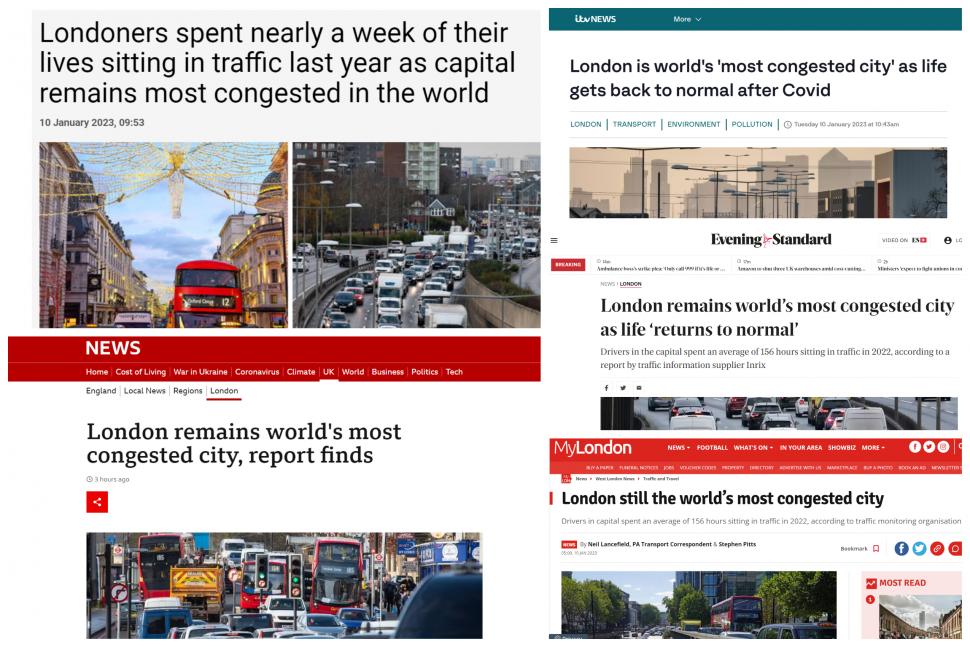
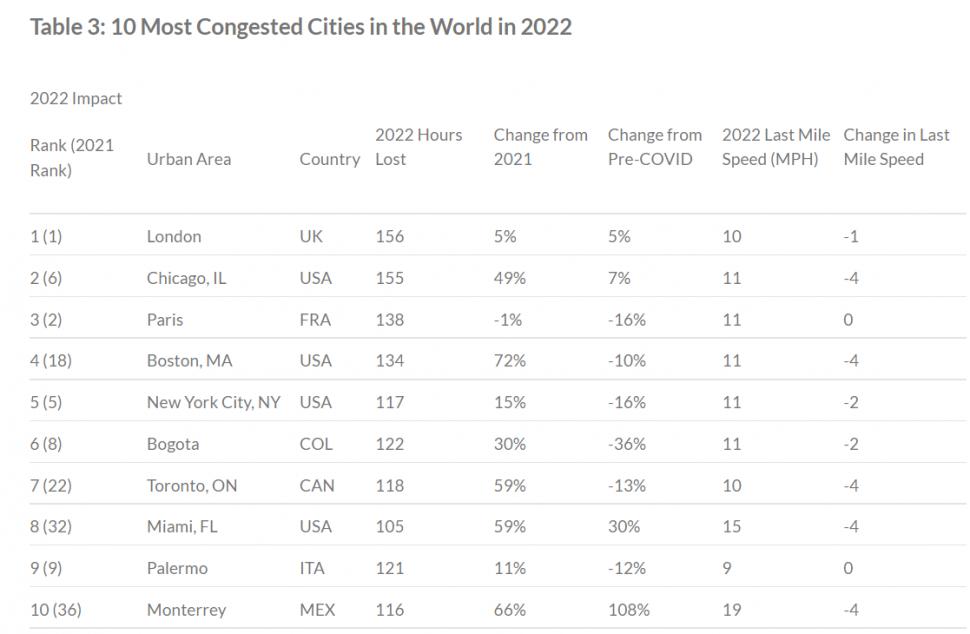
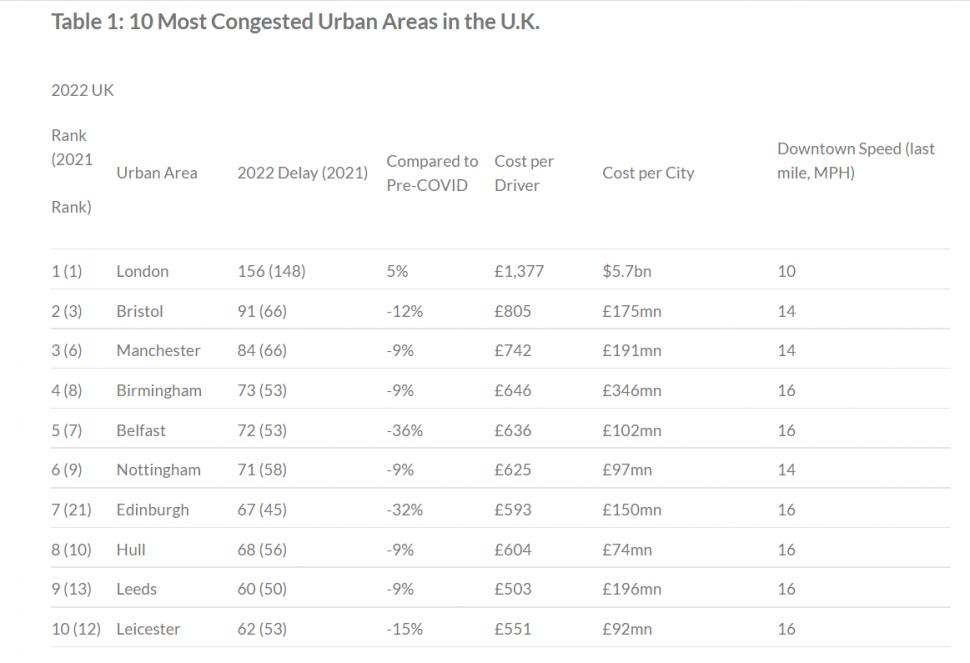
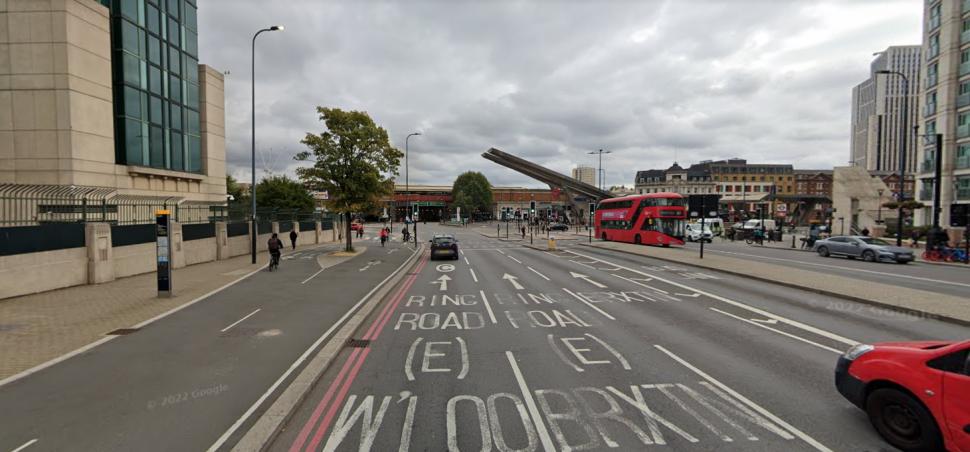
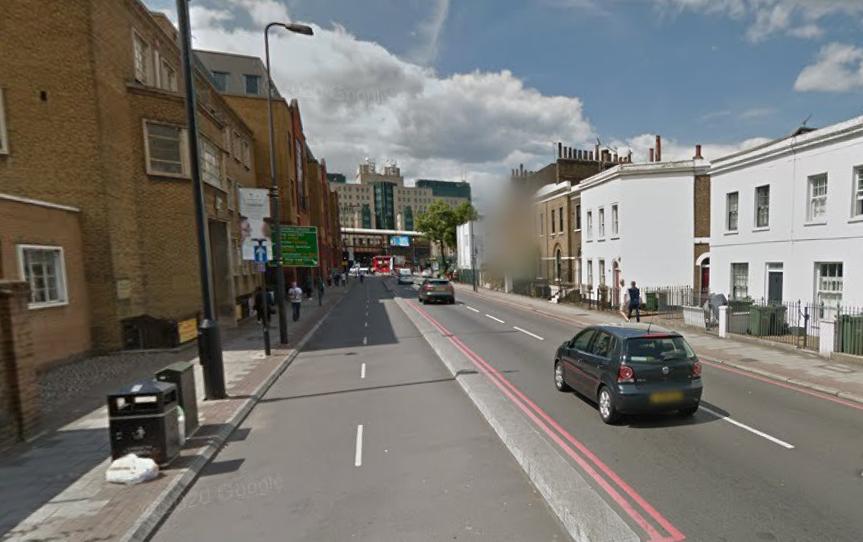
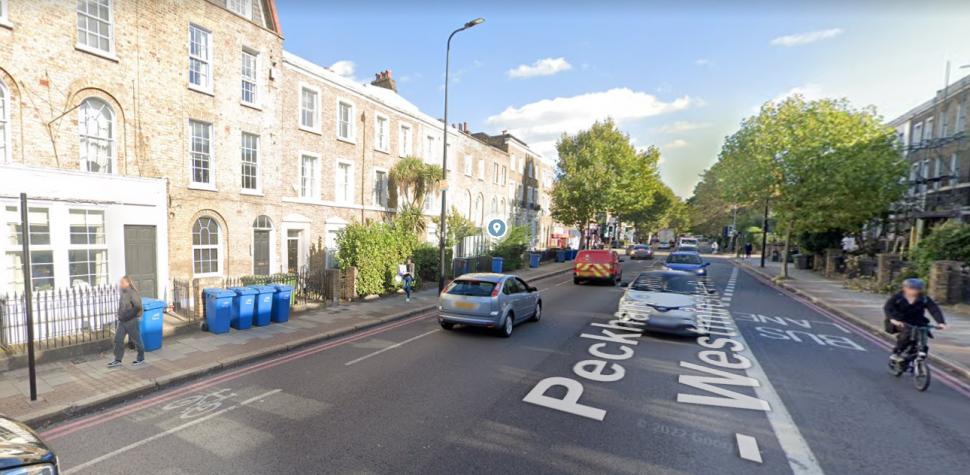
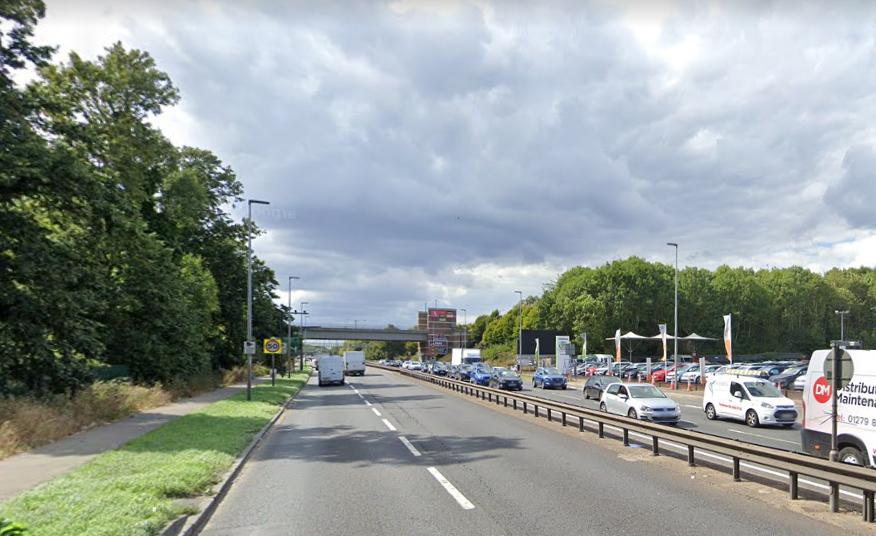
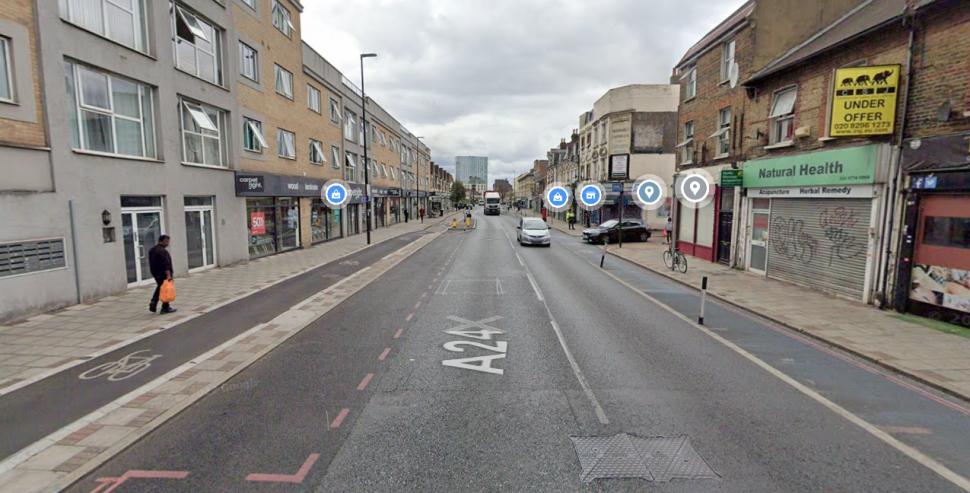
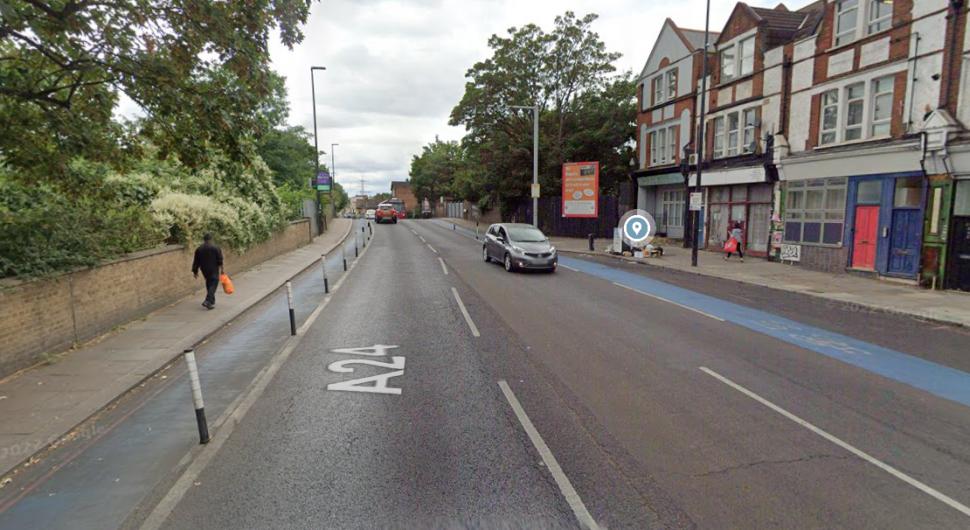
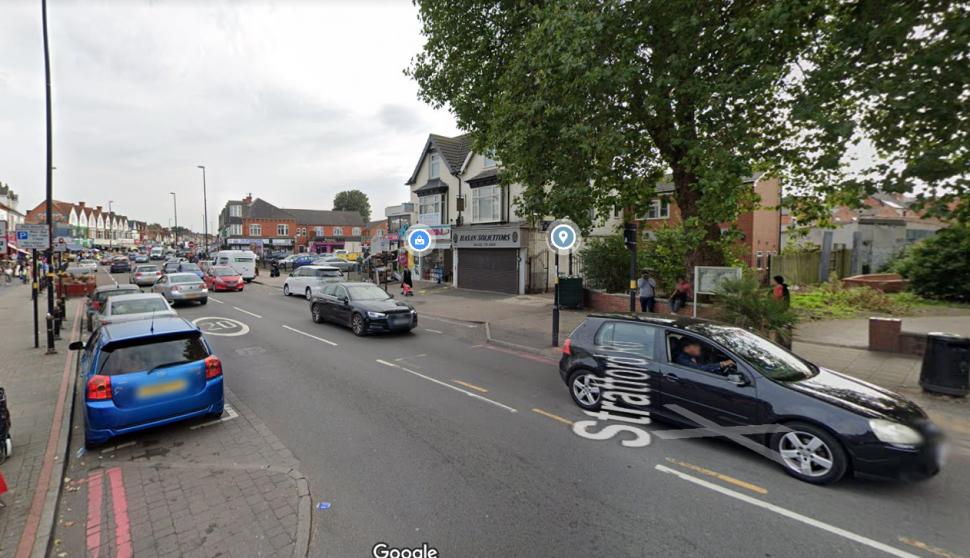
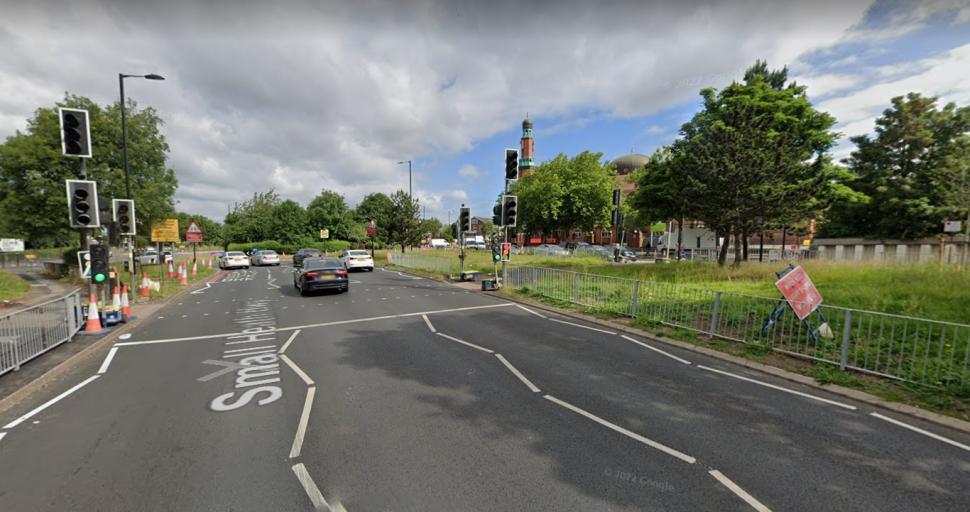
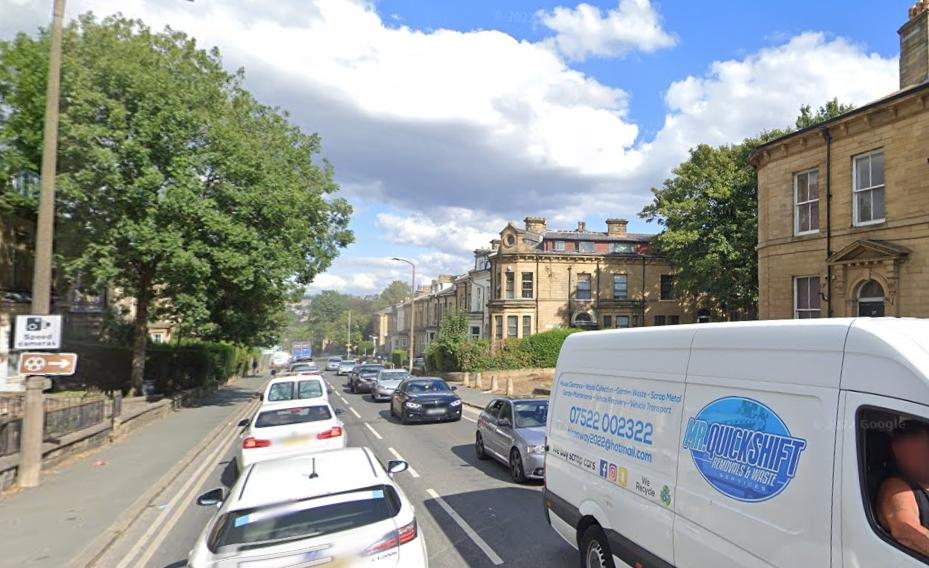
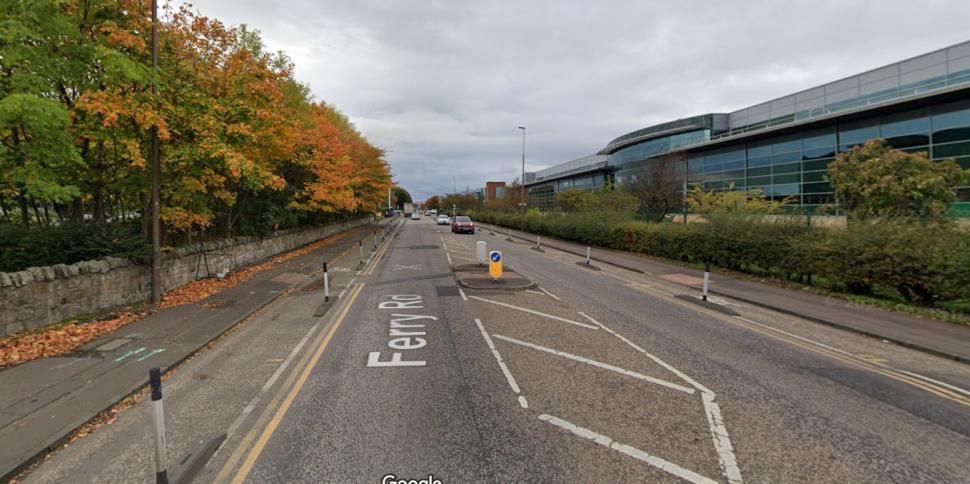
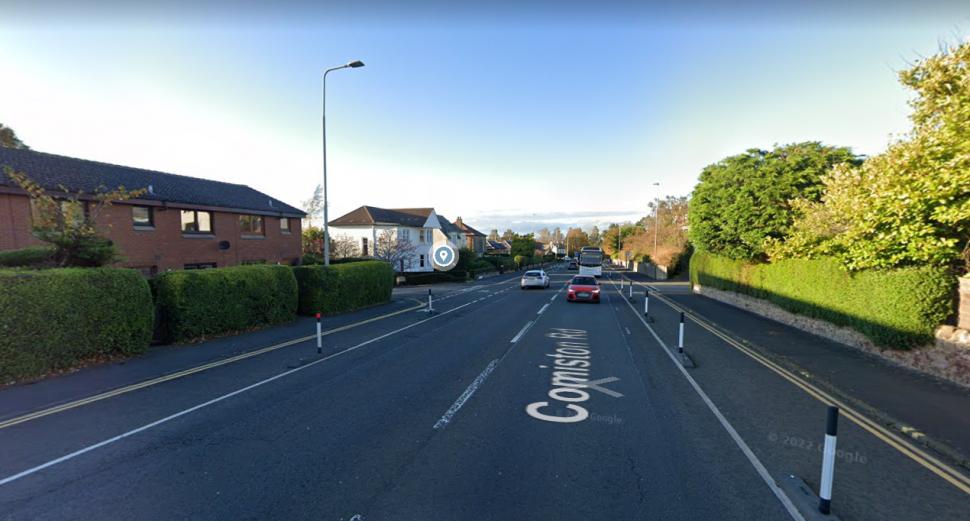
Add new comment
16 comments
So if we extrapolate this "cycling infrastructure causes traffic chaos" then why don't we see Dutch cities in that list?
How can you say the A219 doesn't have any cycle infrastructure? Look at that wonderful lane.
London is not the world's most traffic congested city. Sorry, but that report is totally inaccurate. It doesn't even make the top 10. I don't think it even makes the top 20.
There are more accurate reports and the Tom Tom one is far more reliable. Anyone who has ever been to Lagos, Mumbai, Delhi, Beijing, Bangkok, Cairo, Istanbul, Mexico City, Moscow, or Sao Paolo will take that report with a pinch of salt.
The majority of the worst cities for traffic congestion are in Asia or Latin America. Shanghai and Changsha in China are pretty bad as are many of the larger Indian cities like Bengalaru and many Latin American capitals like Santiago, as well as a fair few African cities like Nairobi. Los Angeles has featured in the top 10 worst for congestion and is widely accepted as worst in the developed west.
I've been to 11 out of those 16 cities I've mentioned at least once (and Beijing and Shanghai numerous times) and they are all far, far worse than London.
As the article states ...
Precisely.
So the "most congested city in the world" claim is pure BS.
You missed the whole point of the article The point is cycle lanes don't cause traffic jams Cars do. No matter what city or how much traffic there is cars cause more traffic then a bike
I don't think he did. People regularly complain that cycle/bus lanes create congestion and refuse to accept that as roads are widened or created the congestion rises exponentially. I've been to a few of those cities and a number of others myself. None of them had cycling infra and were horrific to drive on at any time of the day.
Even closer to home we have cities across the U.K. that boast of no urban cycling infra bar a handful of ASLs and the streets are log jammed with motorised vehicles. My last work location it was as quick if not quicker to cycle than drive and that was with no infra.
The report is branded as a global one and that London is the most congested city in the world. That's complete rubbish. Only further down does it mention that it doesn't cover Latin America or Asia, completely negating its claim to be a global survey.
But it's not even accurate in terms of the developed world and if you've been to Los Angeles, you'd know it suffers horrendous traffic delays. LA is the only city in the developed world that regularly features in the world's top 10 most congested cities in the (much more accurate) Tom Tom survey on traffic. I really don't know how Inrix compiled the data, but the result is a load of crap. Even in Europe there are worse cities for traffic than London. Sofia and Bucharest are worse.
https://www.romania-insider.com/bucharest-has-the-biggest-traffic-jams-i...
As it happens, there are some cycling facilities in Mexico City, but it still suffers terrible traffic congestion because of the sheer volume of cars on the road and the generally poor public transport. Beijing and Shanghai do have cycling facilities that are well used, but again the sheer volume of cars on the road means traffic grinds to a halt.
The other reporting on the Inrix survey has highlighted the comments about London being the world's most congested city, which is garbage.
Since Inrix's claims are so vaccuous, I do question how it came up with this data and whether the results have any value whatsoever.
We are in the turmoil of an LTN consultation in our local area in London. The usual rubbish is being offered as evidence against the scheme; 'it takes 1 hour to drive from a to b', 'my bus journey takes 30 minutes when it used to take 5'
I have chipped in occasionally that 'a to b' is, like, a 15 minute walk so why don't you walk? A blank look of 'are you stupid' is what I get in return. I was having one conversation with an anti about a month ago and she offered the 'all the peripheral roads are now congested' argument. We were about 50 meters from one of these roads and I pointed out that the traffic was moving fine - you could actually see it moving freely. Another blank look.
"Waaah, waaah, waaah, I'm stuck in traffic."
Fuck off you prick, you ARE traffic.
I had the misfortune of cycling through town during rush hour today. Hospital first, followed by leaving the bike at the station (let's hope it's still there when I get back). The roads were mayhem, gridlock. It's like motorists had never see rain before. Clearly even in entirely unsuitable attire (cos trip to London, innit), I beat everyone including the needless close passers, and choosing to walk the bike on pavements where narrow roads had turned into a car park. I reckon a good 50% of them could have got to their destination quicker of they walked. Dickheads, the lot of them. Especially the red audi driver.
I've been commuting in London either by public transport, bicycle or motorcycle for 30+ years. It still astounds me that so many of my colleagues opt to make journeys by car when they need personalised transport. Two wheels are quicker.
I have an old car but hate driving in London and avoid it when at all possible.
The only time I drive into London is if I have to work out of hours when there is no public transport. It is telling that I can get from North Kent to Chiswick at 2AM in just over an hour, but do that in the normal working day and expect around 2 hours.
Without evening doing a serious analysis, anyone can see that motor vehicle (users) are the cause of their own self inflicted problem.
Compare average driving speeds between:
- Xmas day (/morning), emptiest roads of the year.
Literally nothing in the way to stop a driver's average speed being close to the legal limit (safe conditions permitting of course) for the road they are on untill they get to a junction/red light etc.
- holiday periods (ie the last 2-ish weeks: Xmas and New Year).
Many people taking extended breaks. Traffic levels drop significantly.
- school holidays. During rush hour the traffic can be less than half during school term. And this is even in areas where good public transport is available.
- pre-pandemic. when working from home was not an option for so many, Monday-Friday rush hour traffic was mental compared to now.
The problem with Nick 'Mr Loophole' Freeman and TalkTV's Mike Graham blaming the green agenda (are they opposed to saving the planet that we all rely on to, well, live really?) is that they never acknowledge the origin, the source, the very essence of the problem: too many cars. As has been proved innumerable times, motor vehicles expand to fill the space available, and it doesn't matter how many more roads you build, they will fill up, so doing that is self-defeating, and only creates more congestion.
So we know what the problem is and we know that the main method proposed for solving it doesn't work (which we've known since 1963 and the Traffic in Towns report) but any other solution is derided as unworkable, impractical and not what the public want. Actually, what the public wants, show by survey after survey, is better public transport, fewer cars and lots more cycle provision.
I'm beginning to think that Nick 'Mr Loophole' Freeman and TalkTV's Mike Graham have some sort of an agenda.
"The roads are too congested - bah! I demand a solution! ........ what? get out of my car.... no not that sort of solution!!!"
Nice to see good old CS7 up there (A24 into Merton High St) - not ideal infrastructure being just paint & wands. Use it all the time & it's definitely quicker up in to London by bike than car most of the time. Can you imagine the state of it if there was no bike lane & those of us that cycle that way all used cars instead?
But then it'd be the "bloody bus lanes" that were causing congestion no doubt.
Correct - we are still hoping for the promised land shown us by the car adverts. Where driving around a city quick because all the other drivers have disappeared. Or where it's relaxing because the car is really driving itself without us having to pay much attention.
Imagine if they were all like this?
https://ecohustler.com/article/guerilla-take-over-of-100-uk-billboards-i...
Or this - apparently too edgy! (I'm not a fanboy for these guys and their gadget-heavy proprietary-tech bikes but one less car...)
https://www.euronews.com/green/2020/07/02/watch-the-advert-banned-in-fra...